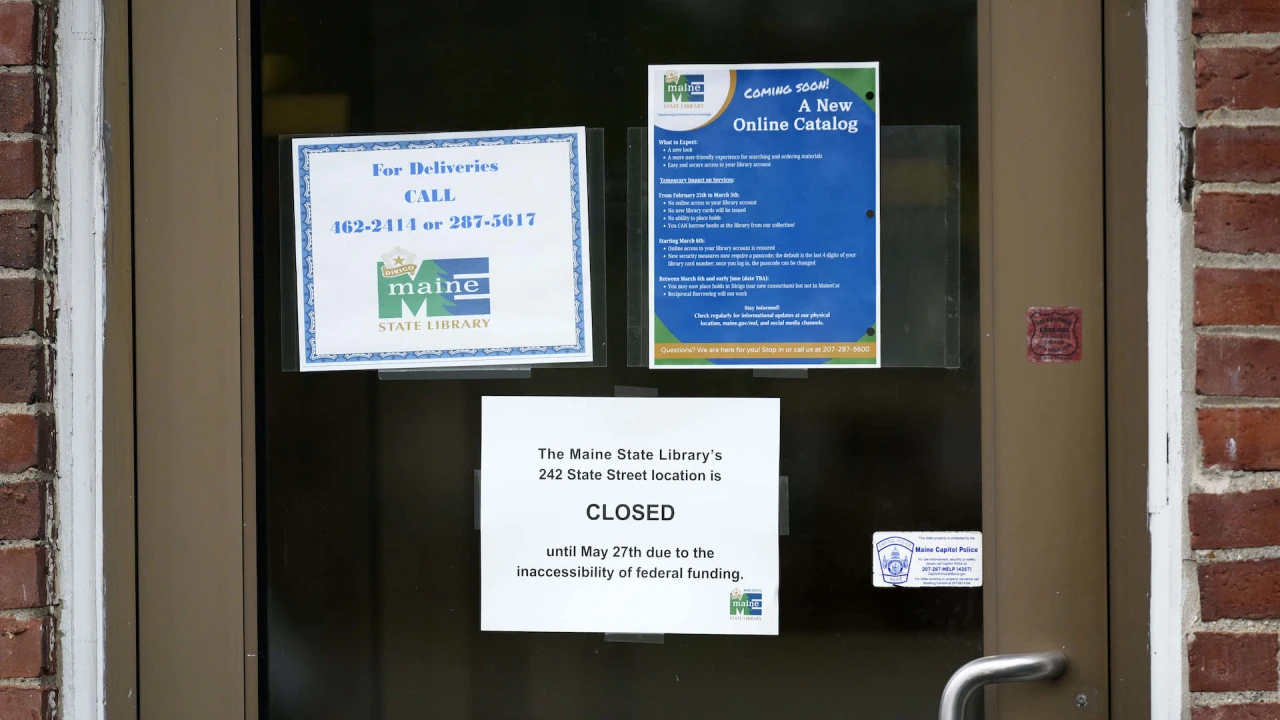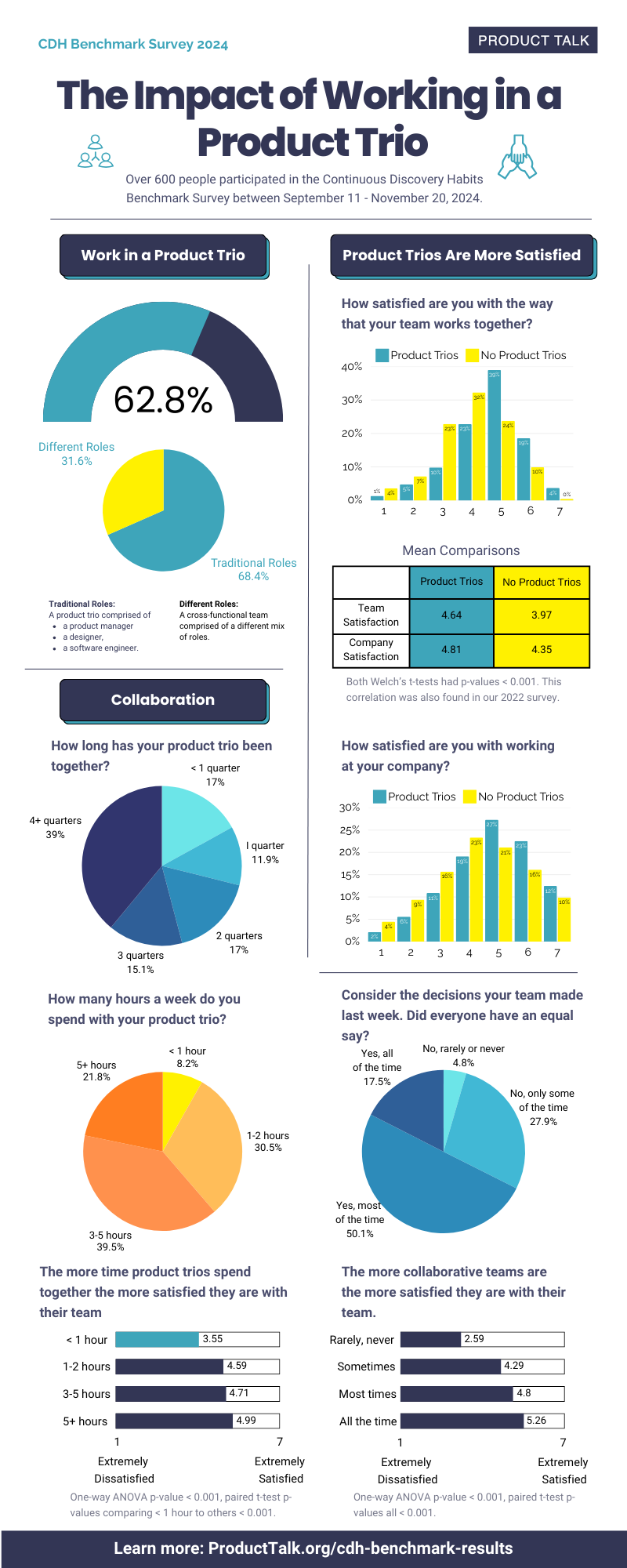Are E-Scooters the Future of Campus and Corporate Transport?
Discover how e-scooters are reshaping transport on campuses & corporate parks with custom e-scooter app development solutions.
Getting around large campuses or sprawling office parks has always been a hassle. Electric scooters have become a new player, quietly changing how people move. What started as a fun city trend quickly became an innovative, practical solution for short-distance travel in structured environments like universities and corporate campuses. As these compact vehicles become more common, it's becoming clear—they're not just a fad. They might just be the future of everyday transport in places that need speed, convenience, and sustainability all rolled into one.
Why E-Scooters Make Sense for Campuses and Corporations
Large college campuses and corporate campuses often stretch across vast areas. Getting from one building to another may involve long walks or unreliable shuttle services. For students and employees alike, this leads to wasted time, reduced productivity, and even missed appointments or classes.
E-scooters offer a simple yet effective solution. They’re fast, affordable, and environmentally friendly. Universities and businesses are beginning to recognize that by integrating e-scooters into their transportation strategies, they can not only modernize internal movement but also promote sustainability and innovation. The benefits of this micro-mobility option are becoming increasingly difficult to ignore.
A Solution to Modern Transport Challenges
Traditional campus shuttles and corporate transport systems have inherent inefficiencies. They’re often expensive to maintain, limited in flexibility, and struggle to meet the on-demand nature of modern users. E-scooters, on the other hand, are cost-effective, require minimal infrastructure, and offer users complete freedom over when and how they move.
Moreover, students and employees are already familiar with scooter-sharing services in urban areas. Bringing a similar experience into a closed ecosystem feels like a natural progression. Whether it’s moving between lecture halls or navigating a sprawling office campus, e-scooters bridge the last-mile gap with ease.
The Role of Technology in Scaling E-Scooter Programs
Behind every efficient e-scooter system lies smart technology. Mobile apps are at the heart of this ecosystem—connecting users to vehicles, enabling payments, monitoring usage, and ensuring safety protocols are followed.
As demand grows, institutions are turning to professional partners for e scooter app development. These apps need to be more than just basic tracking tools—they must deliver a seamless experience that includes:
-
QR-based unlocking
-
Real-time scooter availability
-
Geo-fencing for restricted zones
-
Smart parking systems
-
Battery level indicators
-
In-app ride history and analytics
This is where a specialized escooter app development company becomes essential. By developing a robust platform tailored to the needs of campuses and businesses, these companies help institutions efficiently deploy and manage their fleets without operational chaos.
Why Not Just Use Third-Party E-Scooter Services?
While third-party scooter-sharing companies like Lime or Bird operate in many cities, relying on them for internal transport within campuses or company premises introduces limitations. These services are built for general public use, not for tailored, private use cases.
Universities and corporations benefit more from owning their scooter fleet and deploying their own custom solution through electric scooter app development. This enables full control over operations, user access, branding, pricing, data collection, and compliance with internal rules.
Imagine a corporate app where employees log in using their work ID, get access only during working hours, and receive safety reminders tailored to company policy. Or a university app with ride limits based on student status or automated maintenance alerts for damaged vehicles. These are not possible with off-the-shelf solutions.
How E-Scooter Apps Improve Efficiency and Safety
Custom-built e-scooter apps also play a crucial role in ensuring safety and compliance. Institutions can implement geofencing to restrict riding in certain zones, like pedestrian-heavy areas. Apps can also prompt users with safety tips before rides, disable scooters during prohibited hours, and allow admins to monitor misuse.
Data analytics further empowers decision-makers with insights into usage trends, peak hours, most-traveled routes, and vehicle performance. This allows for continuous optimization of fleet size, scooter placement, and maintenance schedules.
For this, institutions often rely on a skilled on demand app development partner who understands not only technical requirements but also regulatory and operational considerations. These partners create scalable apps that align with specific mobility goals.
Sustainability and ESG Goals
Another compelling reason to adopt e-scooters for internal transport is sustainability. Many universities and businesses today are committed to reducing their carbon footprint. Electric scooters, being emission-free, directly support these green goals.
Replacing gas-powered shuttles or reducing employee car usage translates into measurable environmental impact. It also contributes to positive public perception, as students and customers increasingly prefer institutions that act responsibly toward the planet.
When integrated with smart apps, these systems can even generate reports for sustainability tracking—another value-add from investing in custom e scooter app development.
The Business Case for Corporates and Universities
Aside from convenience and eco-friendliness, there’s also a strong business case for adopting e-scooter systems. For corporations, improved employee mobility means fewer late arrivals, higher productivity, and lower costs associated with car allowances or shuttle services.
Universities benefit from offering a modern transportation solution that appeals to tech-savvy students. It also helps reduce internal traffic congestion, parking space shortages, and enhances campus accessibility.
The initial investment in a scooter fleet and app system pays off over time, especially when handled by a reliable escooter app development company that offers post-deployment support, analytics integration, and long-term scalability.
Choosing the Right Development Partner
Selecting the right electric scooter app development partner is a key part of the process. This is not just about building an app—it’s about creating an intelligent mobility system that is secure, intuitive, and future-ready.
The ideal partner should offer:
-
Deep experience in on demand app development
-
White-label solutions for faster deployment
-
Custom features for tracking, billing, reporting, and user management
-
Scalable infrastructure for future expansion
-
Support for hardware integration (IoT and GPS)
Whether you're a university administrator or a corporate innovation head, working with an experienced e scooter app development company ensures the solution fits your ecosystem perfectly.
Final Thoughts: Moving Toward a Smarter, Greener Future
As the mobility landscape continues to evolve, e-scooters are no longer just a trend—they’re a strategic solution for solving real-world challenges in closed ecosystems like campuses and business parks. Their success depends not only on the vehicles themselves but on the technology that powers them.
Investing in a reliable, custom-built e-scooter app from an experienced escooter app development company gives institutions the tools they need to stay ahead of the curve. It promotes efficiency, sustainability, safety, and innovation—all while improving user experience and operational control.
If campuses and corporations are serious about the future of internal mobility, electric scooters—supported by smart apps—aren’t just an option. They’re the future.








































































































![Building A Digital PR Strategy: 10 Essential Steps for Beginners [With Examples]](https://buzzsumo.com/wp-content/uploads/2023/09/Building-A-Digital-PR-Strategy-10-Essential-Steps-for-Beginners-With-Examples-bblog-masthead.jpg)













![How to Use GA4 to Track Social Media Traffic: 6 Questions, Answers and Insights [VIDEO]](https://www.orbitmedia.com/wp-content/uploads/2023/06/ab-testing.png)






![Technical Sourcer [United Kingdom] at Olo](
https://nodesk.co/remote-companies/assets/logos/olo.e9c56827507b669046f71750846f8032542be84192a2248413f8421b2e5a2769.jpg
)


























